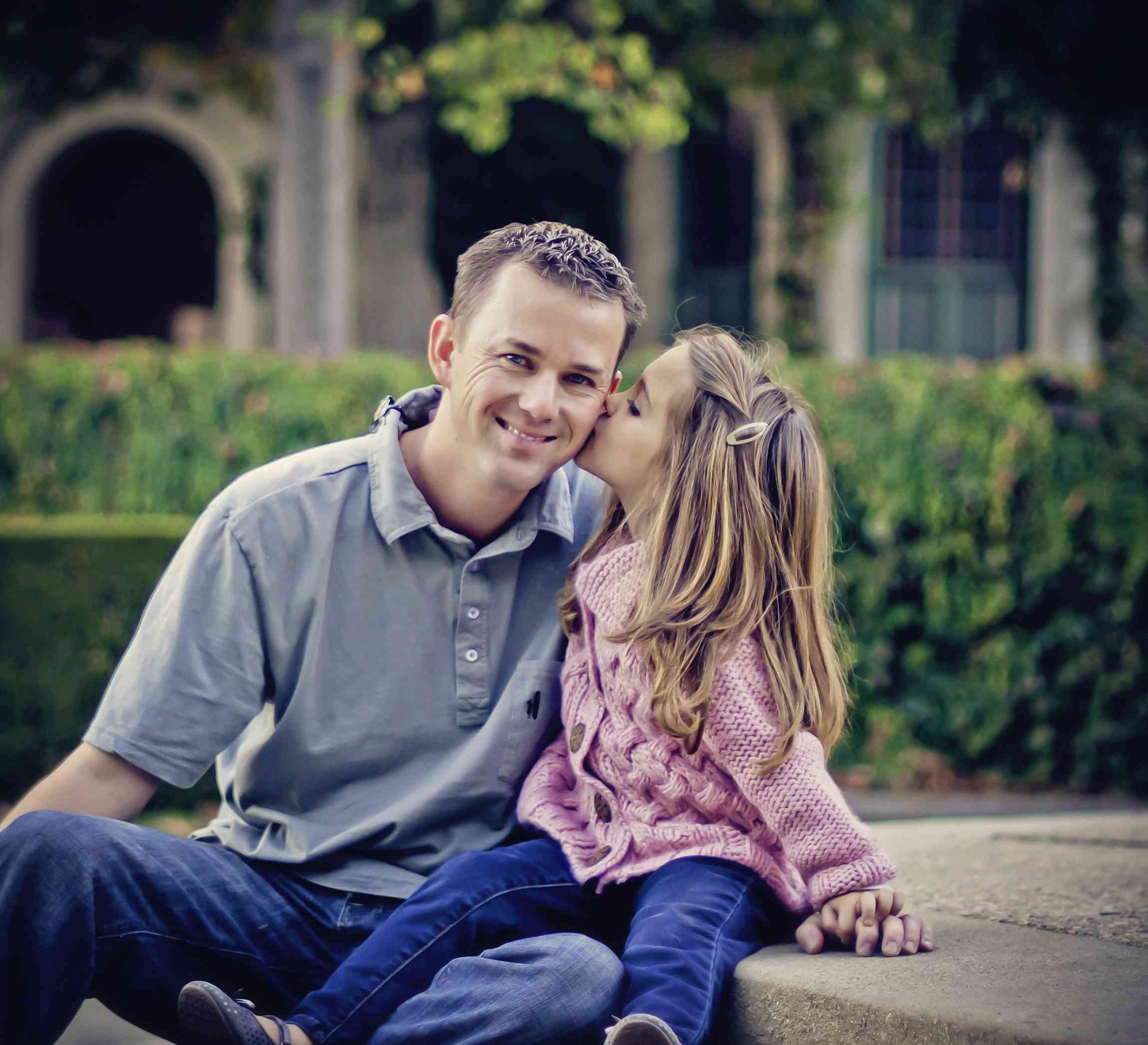If I don't have a lot of money, do I still need an Estate Plan?
The final decision to prepare an estate plan is the clients. Keep in mind that an estate plan does a lot more than just distribute assets after death. A comprehensive estate plan includes documents that will authorize designated people to make medical and financial decisions if the client is unable. It should also include documentation that waives HIPAA guidelines so family members can be part of the decision process if the client is undergoing medical treatment if that is the desire of the client. Lastly, if the client has minor children it provides directions on how and by whom they should be cared for.

How much does an Estate Plan cost?
A complete estate is around $2,000. An exact estimate will be provided at the Initial Consultation. Expenses are estimated on a case by case basis. If the client does not own any property then expenses will be minimal. If the client owns multiple properties expenses will be higher depending on the county where the property is situated. Additionally, if the property is held in joint tenancy this will increase the recording costs.

Why does an Estate Plan include a Trust and a Will?
A trust is the primary document that will transfer the client's property and assets. A will, or in this case a 'pour-over will', functions as a safety net. Essentially, the pour-over will transfer everything that is not in the trust into the trust. It provides assurance that the property is distributed as desired by the clients. The will also includes instructions for caring for minor children.

Do you have a question?
If you have a question, chances are someone else has the same question. Submit the question via the 'Contact Us' page and we will respond directly to you and post the question so others may benefit from the answer.

